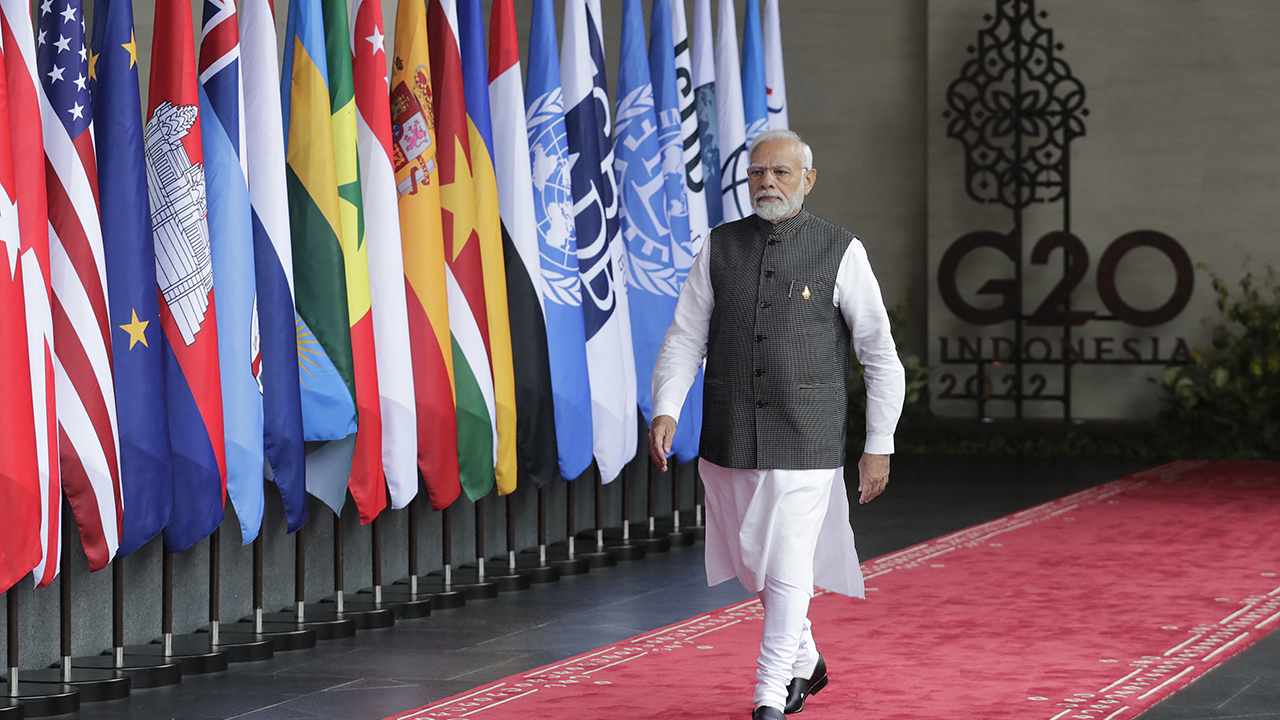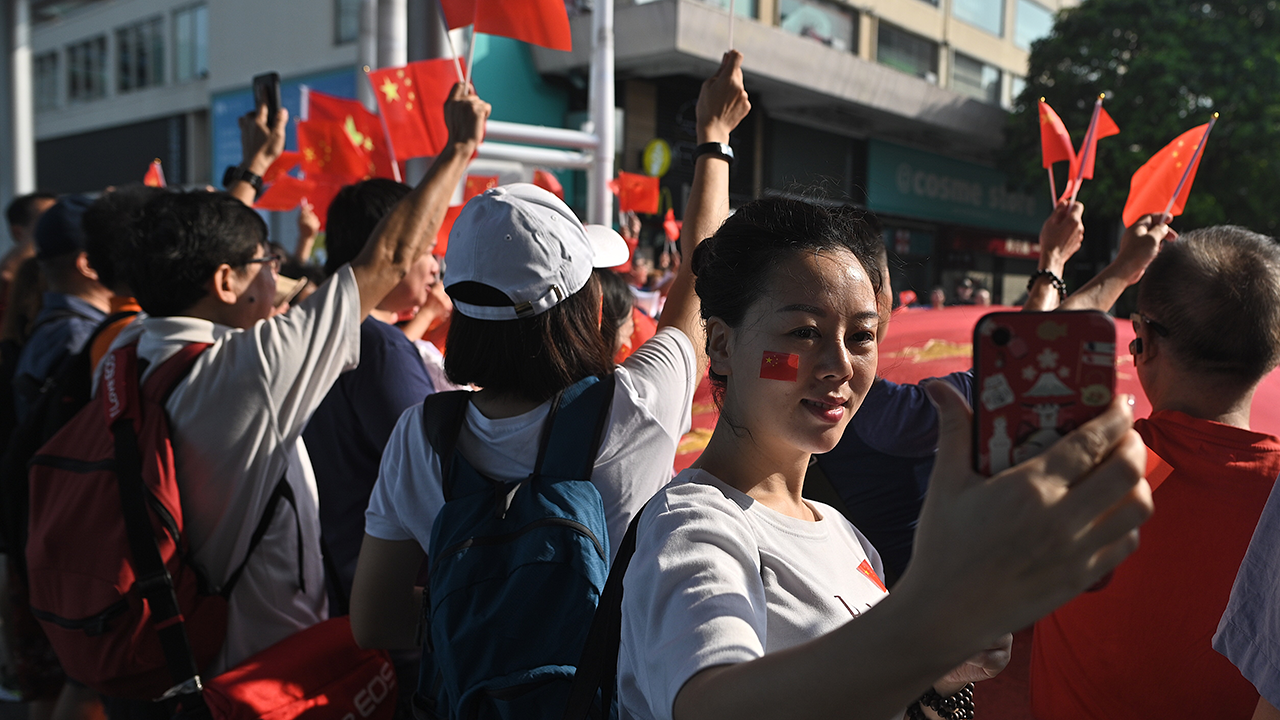India
Global Optimism, Local Fears
Global Optimism, Local Fears
The U.S. Department of Education and the U.S. Embassy in Tokyo, Japan, hosted a cross-cultural discussion of the internet and politics in which the word "cool" played a starring role.
A Changed View of American Democracy
Oct. 27 marks the 10th anniversary of the signing of the International Religious Freedom Act, a law that made the promotion of religious freedom a basic aim of U.S. foreign policy. The passage of the legislation marked the culmination of a campaign of unlikely religious allies, who went on to champion other international human rights […]
World Already Saw U.S. Influence as Negative
Overview The public is feeling much better about how the war in Iraq is going these days, but at the same time has a sharply diminished appetite for U.S. efforts to deal with an array of global problems. Fewer people than at any point in this decade assign high priority to such foreign policy goals […]
Economic Concerns Pervasive in Japan
Growing numbers of people in several major European countries say they have an unfavorable opinion of Jews, and opinions of Muslims also are more negative than they were several years ago. These findings are from a new Pew Global Attitudes Project report, based on data gathered from 24 countries from regions throughout the world, that examine worldwide religiosity and take a close look at Muslim publics’ attitudes toward terrorism, Osama bin Laden, Hamas, Hezbollah and more.
James Fallows writes in the current Atlantic Monthly about the power of blogging... in rural China.
Publics around the world are showing signs of apprehension about China's growing economic power, its role in foreign affairs and the safety of the products it exports; but the Chinese people are confident that the 2008 Summer Olympics in Beijing will change the way their country is viewed.
Across 12 countries, a median of 40% of adults say they have no confidence in Indian Prime Minister Narendra Modi to do the right thing regarding world affairs. About eight-in-ten Indians have a favorable view of Modi.
Majorities in most countries say China does not take into account the interests of other countries in its foreign policy, and China does not contribute to global peace and stability.
Across 24 countries, large shares have an unfavorable view of Russia and no confidence in Putin to do the right thing regarding world affairs.
Overwhelmingly, people believe the U.S. interferes in the affairs of other countries, but most also believe the U.S. contributes to peace and stability around the world. U.S. President Joe Biden receives mostly positive reviews.



